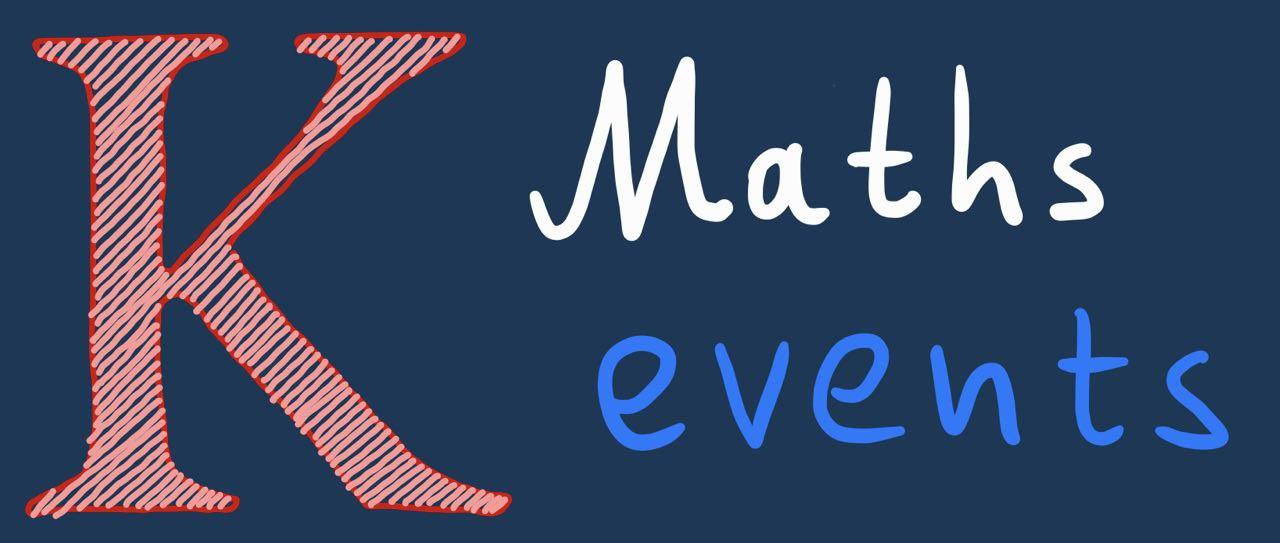Found 1 result(s)01.01.1970 (Thursday)
ST The mathematics of “why things don’t work” — On the SCI hierarchy and the limits of AI
colloquium Anders Hansen (University of Cambridge)
| at: 15:30 - 16:30 KCL, Strand room: JKTL Nash Lecture Theatre K2.31 abstract: | The alchemists wanted to create gold, Hilbert wanted an algorithm to solve Diophantine equations, researchers want to make deep learning robust in AI, MATLAB wants (but fails) to detect when it provides wrong solutions to linear programs etc. Why does one not succeed in so many of these fundamental cases? The reason is typically methodological barriers. The history of science is full of methodological barriers — reasons for why we never succeed in reaching certain goals. In many cases, this is due to the foundations of mathematics. The Solvability Complexity Index (SCI) hierarchy provides a foundations programme that determines the boundaries of what computational mathematics can achieve in different fields including optimisation, artificial intelligence (AI), computational quantum mechanics, computer assisted proofs, computational PDEs, inverse problems etc. For example, one can answer long standing questions such as:
|
